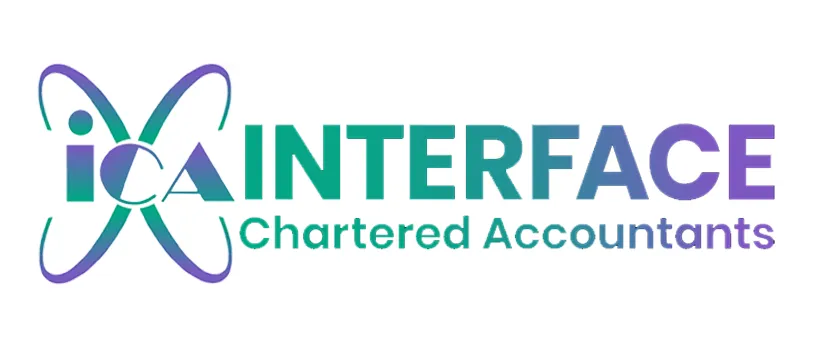Accounting for landlords
If you’re a UK resident and into buying and owning rental property, It could be tempting to put off administrative work if you’re a busy real estate owner managing a portfolio of rental properties. For instance, bookkeeping sometimes gets neglected by business owners who don’t particularly like organizing receipts or tying up loose ends. However, if you want to manage a well-oiled real estate firm and make sure you get the most out of your assets, you must set up a reliable rental property accounting system or hire an accountant for landlord record track. Furthermore, spending time on activities that can increase your profits will be possible if you grasp accounting fundamentals and establish an effective accounting system early on.
In this guide, we will see the basics of accounting for landlords and the accounting services interface accountants provide for landlords.
Before getting further into accounting for landlords, understand what accounting or bookkeeping is.
Basics of bookkeeping
Keeping a record of financial transactions either for an individual, a business, or a company is called bookkeeping. It helps to keep track of your finances and ensure the well-being of your company financial health.
Maintaining ongoing rent checks, management fees, and maintenance invoices are always exhausting while managing a portfolio of rental properties. Maintaining good accounting is key to securing your company and enhancing your financial success. The procedures for establishing a reliable accounting system for your rental properties are listed below. To completely embrace accounting for landlords, ensure you are well informed about its advantages.
- Get a separate account for your personal use and assets
- Individual accounts for each property
- Create a system for keeping track of your earnings and expenses.
- Choose between cash accounting and accrual accounting.
- benefit from accounting technology
- Be ready for varying expenses
- Learn how to properly fill out tax forms.
- Include a tax expert on your team.
Why is accounting for landlords important?
Owning a private property and earning capital such as rental income through it makes you liable for tax on it. Any additional payment you get or profit you make, you are liable to pay tax on that income. Most private landlords use the self-assessment tax system. On the self-assessment tax return, they can evaluate rental revenue from properties, expenses that go along with that income, and exemptions. For small landlords, financial recording is as crucial as for bigger landlords. You can keep a self-assessment track of your tax return and pay the tax return in January of each year; however, for large-scale landlords keeping track of taxes income flow and payment checks get difficult. This is where accounting for landlords plays a role in the effective management of finances.
Why do you require an accounting system as a landlord?
Figuring out the expenses in your favor
You might spend the occasional coins here and there on items like new appliances for your tenants or small repairs. These may seem so unimportant to you that you decide not to take note of them. However, they can pile up and lower your tax obligation.
Accurately managing tax claims
Depending on your expenditure and the size of your property, you may have off on your payable tax. Due to this, private landlords may be able to deduct loan costs at the standard income tax rate of 20%.
Government requirement
As a citizen of the United Kingdom, you need to track your taxes regularly without an effective accounting system, you will not be able to might miss the deadlines.
Which records of accounting are required for landlords
As part of the Self-Assessment guidelines, HMRC now mandates that you maintain records of the following:
The number of times you have rented out your property. Any tenancy or lease agreements that you should be preserving anyway will list this.
You must keep records of any rental income, such as rent books, invoices, receipts, and bank statements. A renter may seek a rent book at any time, and the law requires you to abide by their request. Keep in mind that weekly rents always require one.
Income derived from services rendered to your tenants, such as through repair fees.
Tips to ace the accounting for landlords
According to interface accountants here are some basic tips that we think will boost your landlord accounting record:
Working on a monthly schedule
Since most rent is paid every month, you’re probably used to monitoring your bank account at that time. So keeping a track of your finances little by little at a time will make it easier for you. To put it another way, if you tackle things a little at a time, you can stay on top of things and enjoy the satisfaction of your work every day. Instead of allowing the mountain of papers, you dread handling every January to accumulate with all this crucial information. Doing a bit at a time also helps you prevent mistakes that can occur if you attempt to do a massive amount of paperwork at once.
Getting the help of software and apps
You can use effective tools and apps to help you monitor to record data and figure out your payable taxes and rental paychecks. These apps do everything from automatically reconciling bank payments to scanning in the information from receipts and invoices by just taking a picture of them.
Getting expert help
The merits of consulting a specialized property accountant for landlords are numerous. Additionally, tax accounting for landlords is typically complex because it frequently changes and is updated. There are unique tax regulations that apply to buy-to-let landlords. Having a property accountant who is experienced and well-informed about the sector will be able to offer a priceless service. An accountant for landlords will also make sure landlords are tax compliant and assist them in operating their company as profitably as they can.
 Skip to content
Skip to content

